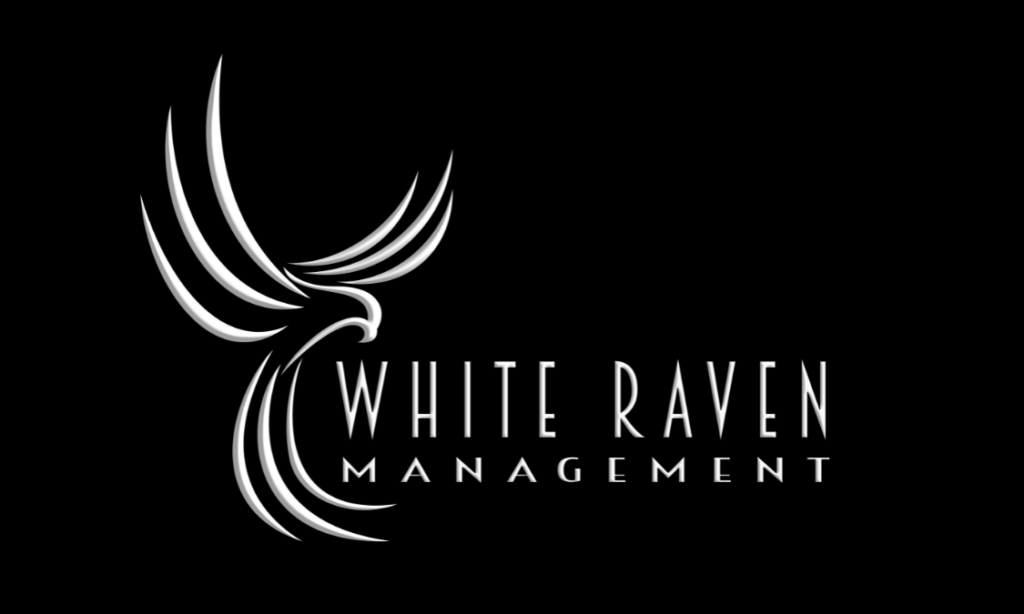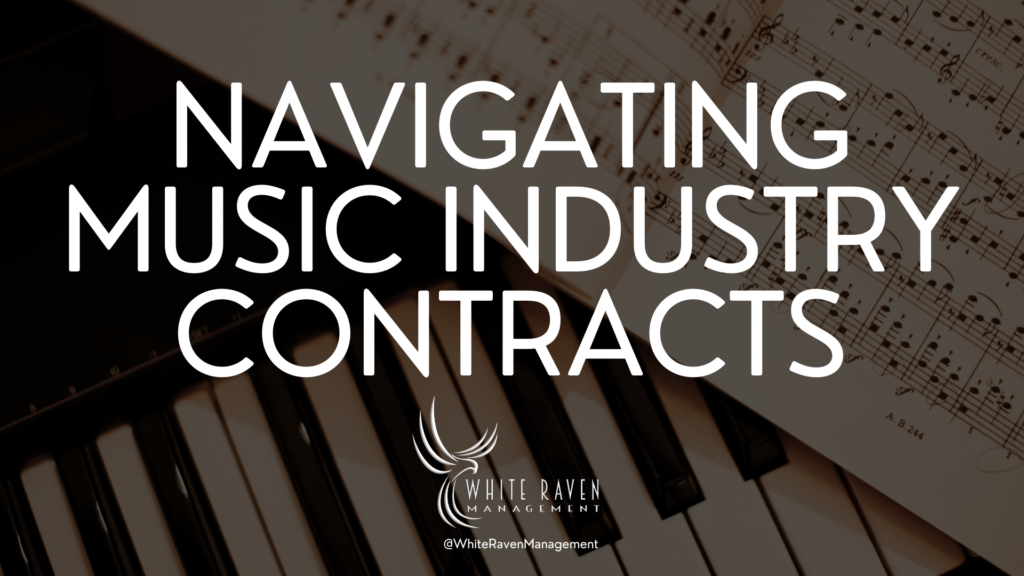Navigating the intricacies of music industry contracts can be daunting, yet understanding the fine print is crucial to protecting your rights and ensuring fair treatment in your musical endeavours. As your guide through this complex terrain, let’s delve into the essentials of music industry contracts, empowering you to navigate negotiations with confidence and clarity.
1. Understanding the Basics:
Let’s start with the fundamentals. What is a music industry contract? Simply put, it’s a legally binding agreement between parties involved in the creation, distribution, or exploitation of music. From recording contracts to publishing agreements, understanding the different types of contracts is essential.
2. Key Components of a Contract:
Every contract has essential components that outline the rights, obligations, and terms of the agreement. These may include:
- Parties Involved: Clearly identify who the contract is between.
- Scope of Work: Define the specific services or deliverables expected from each party.
- Compensation: Outline how and when compensation will be provided.
- Term and Termination: Specify the duration of the contract and conditions for termination.
- Rights and Ownership: Clarify who owns the rights to the music and how they may be exploited.
- Representations and Warranties: Ensure that both parties are truthful and have the authority to enter into the agreement.
3. Seek Legal Guidance:
Before signing any contract, it’s essential to seek legal advice from a qualified attorney specializing in music law. A legal expert can review contracts, explain their implications, and negotiate on your behalf to ensure your rights are protected.
4. Negotiating Contract Terms:
Don’t hesitate to negotiate contract terms that are fair and favourable to you. Whether it’s negotiating advances, royalties, or rights ownership, understanding your worth and advocating for your interests is essential.
5. Protecting Your Intellectual Property:
Intellectual property rights are at the heart of music industry contracts. Understand the implications of granting rights to your music and ensure that your intellectual property is adequately protected.
6. Watch Out for Red Flags:
Be wary of contracts that contain ambiguous language, overly restrictive terms, or clauses that grant excessive control to the other party. If something seems too good to be true or raises concerns, trust your instincts and seek clarification.
7. Document Everything:
Keep meticulous records of all contract negotiations, communications, and agreements. Having documentation can protect you in the event of disputes or misunderstandings down the line.
8. Stay Informed and Empowered:
The music industry is constantly evolving, and contracts are no exception. Stay informed about industry trends, changes in copyright law, and emerging best practices to empower yourself as a musician and contract negotiator.
Navigating music industry contracts requires diligence, knowledge, and a willingness to advocate for yourself. By understanding the basics, seeking legal guidance, negotiating with confidence, and protecting your rights, you can navigate contracts with clarity and ensure that your musical endeavours are conducted on fair and equitable terms. Here’s to empowering yourself as a savvy contract negotiator and protecting your artistry in the ever-changing landscape of the music industry.
Rock on!
Rachel J. Olsen, MBA
Your Passionate Music Manager
Need help understanding contracts?


